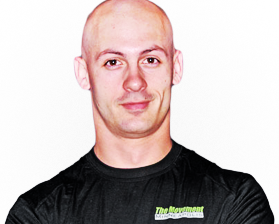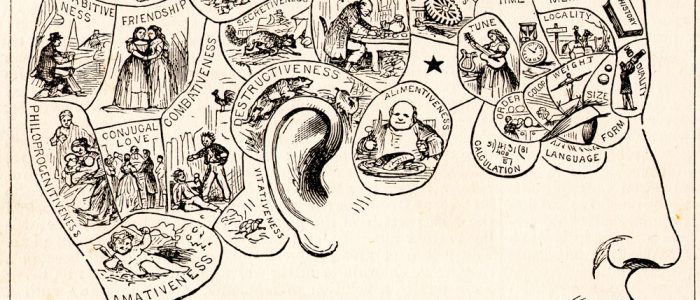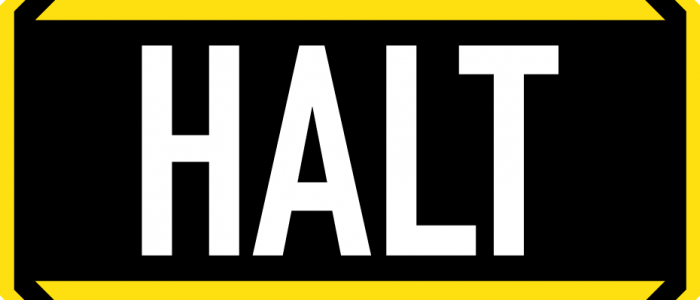
Here are a list of things you can do so that you’ll never be truly, truly exceptional or standout at anything, but you’ll be mediocre to decent at a lot of things:
First, don’t stick with anything for too long. Dive into it enough to learn the fundamentals, but don’t spend any more time than you need to to get a solid grasp. Then jump to something else.
Find an expert mentor to speed up the learning curve, but definitely don’t seek out more than one. This way you’ll be able to take advantage of all the expertise they’ve accumulated over the years, but you won’t have to undertake synthesizing multiple opinions and experiences into your own approach.
Jump from one domain into a completely diverse and different domain, that is as unrelated as possible. In that way you won’t be able to directly connect dots that are similar in adjacent domains. Of course, subconsciously your brain will probably do some lateral thinking to connect it anyway, but you won’t have to spend any energy on it.
Practice the least you can get away with to develop and maintain the skill, but no more. Definitely set aside the skill entirely for periods of time. You won’t have that razor sharp edge when you come back to it, but then again you’ll find that you’ve maintained the majority of the ability.
Seek out and purchase books or programs created by experts. Any (good) program will necessarily be a limited view and subset of an expert’s total experience that leaves lots of things out. Borrowing their approach means you’ll be able to get results that are usually pretty close to what they can do at least in that limited scope, but you probably won’t understand how you got there and be able to widen that approach – at least not at first.
Don’t attach your identity to any one particular thing. Even though it can be energetically and mentally costly, identifying as someone who is an exceptional athlete or say painter can further drive that desire to improve and act in accordance with your identity. So if you don’t want to focus on only one thing, don’t attach yourself rigidly to that identity. Of course that leaves you with the flexibility to change directions without having struggles about identity…
If you follow these general principles you will very likely be able to succeed at not becoming the very best in the world at any one single thing.
On the other hand, you’d be able to build an incredibly wide variety of skills to a level where you could apply them productively and usefully. You’d also probably come up with your own ingenious approaches and solutions to things because of the breadth of your skills and abilities and the ability to connect disparate things.
Maybe there’s actually something to that.



